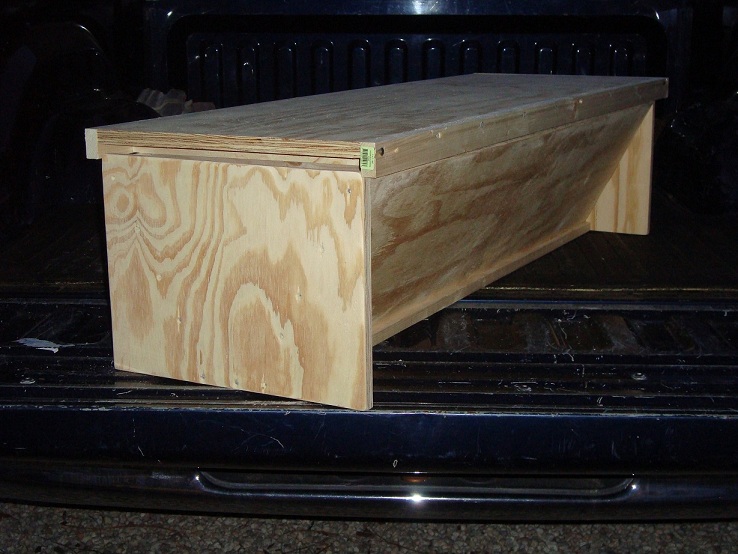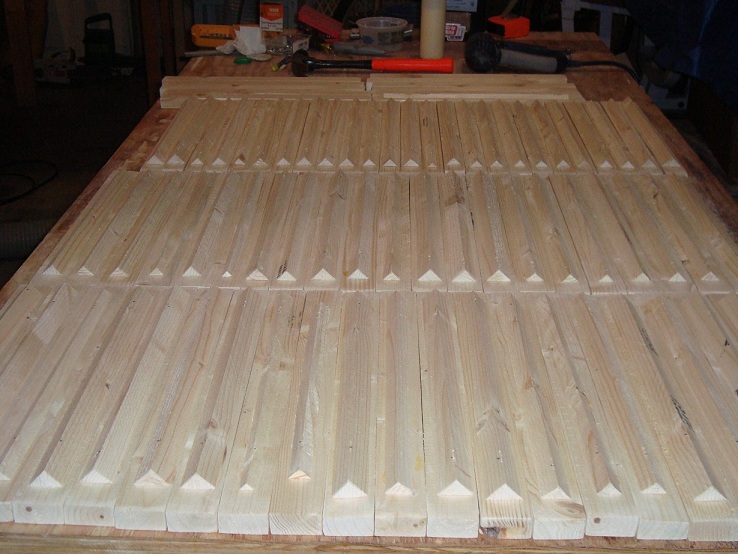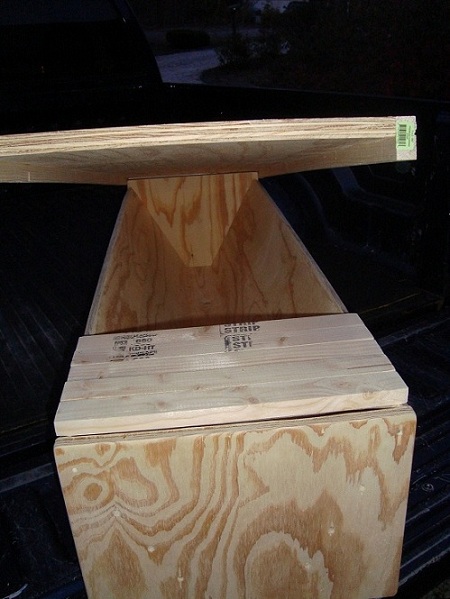So I have been laid up for the last week, but it has given me time to research beekeeping. I think it's a good idea to share some things I've found with you guys as it's a very cheap alternative to buying it if you are willing to put the work in.
The first hurdle that I faced was the cost. I initially found that the hives themselves costs hundreds of dollars to buy. I found myself wishing I could build one myself. I found plans for Warre and Lang hives, which looked too complicated for my nub self. I then found plans for a Kenya Top Bar Hive.
http://www.lulu.com/product/ebook/how-to-build-a-top-bar-hive/6288193
As long as you have the tools and the wood, this one is hella cheap. I priced the wood between 30-50 bucks depending on how fancy you want it. This model isn't made for being the most efficient honey producing, but mead makers aren't in it to make a ton. Just enough to make mead.
The next thing is to do some learning. There are a couple of forums that I found helpful. The first link is to a general beekeeping forum, but most people there use standard hives. It's still a good resource to learn about bees and ask questions. The second one is more of a natural methods website, but as it turns out the top bar hive is what most use. So it's a good forum to learn about top bar hives specifically.
http://www.beesource.com/forums/
http://www.biobees.com/forum/index.php
Also check out your library and googlebooks. I have found good reading material with both.
I just wanted to share what I have learned in case there was somebody else here who was interested in keeping bees. Maybe I could save others some cash and time.
I am by far not an expert (have really only studied thus far) but will try to help if there are questions.
The first hurdle that I faced was the cost. I initially found that the hives themselves costs hundreds of dollars to buy. I found myself wishing I could build one myself. I found plans for Warre and Lang hives, which looked too complicated for my nub self. I then found plans for a Kenya Top Bar Hive.
http://www.lulu.com/product/ebook/how-to-build-a-top-bar-hive/6288193
As long as you have the tools and the wood, this one is hella cheap. I priced the wood between 30-50 bucks depending on how fancy you want it. This model isn't made for being the most efficient honey producing, but mead makers aren't in it to make a ton. Just enough to make mead.
The next thing is to do some learning. There are a couple of forums that I found helpful. The first link is to a general beekeeping forum, but most people there use standard hives. It's still a good resource to learn about bees and ask questions. The second one is more of a natural methods website, but as it turns out the top bar hive is what most use. So it's a good forum to learn about top bar hives specifically.
http://www.beesource.com/forums/
http://www.biobees.com/forum/index.php
Also check out your library and googlebooks. I have found good reading material with both.
I just wanted to share what I have learned in case there was somebody else here who was interested in keeping bees. Maybe I could save others some cash and time.
I am by far not an expert (have really only studied thus far) but will try to help if there are questions.







